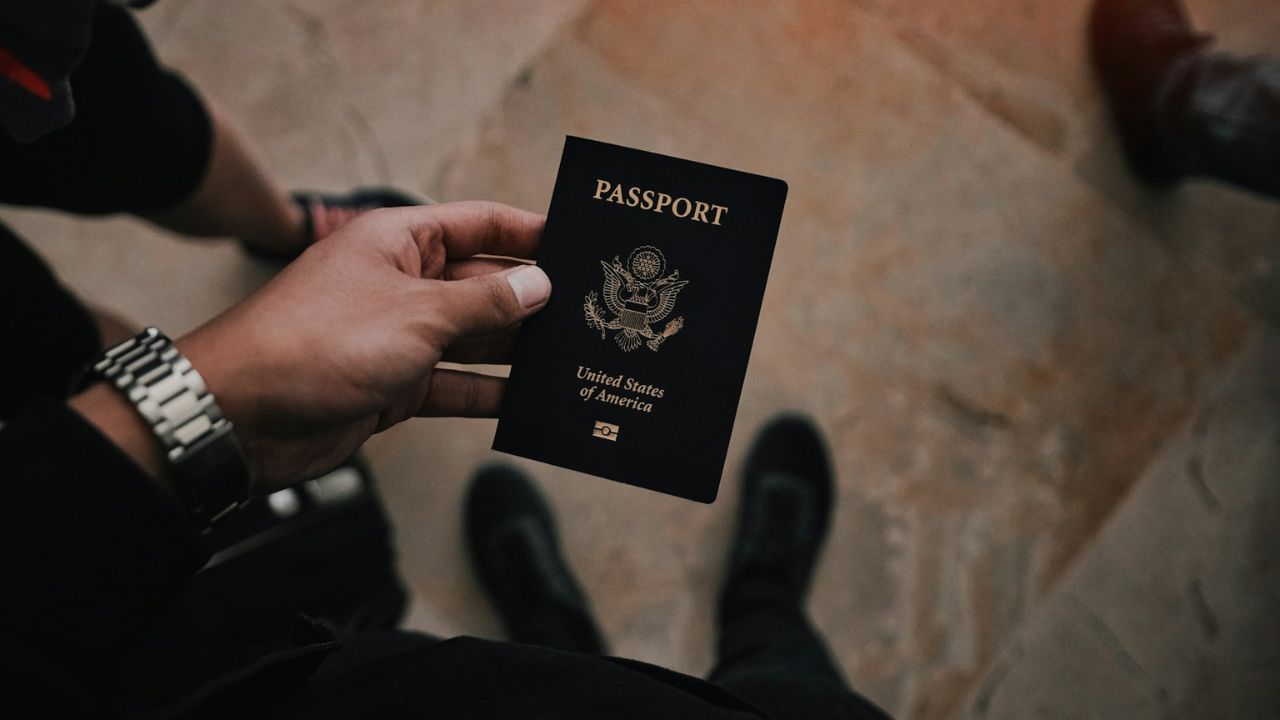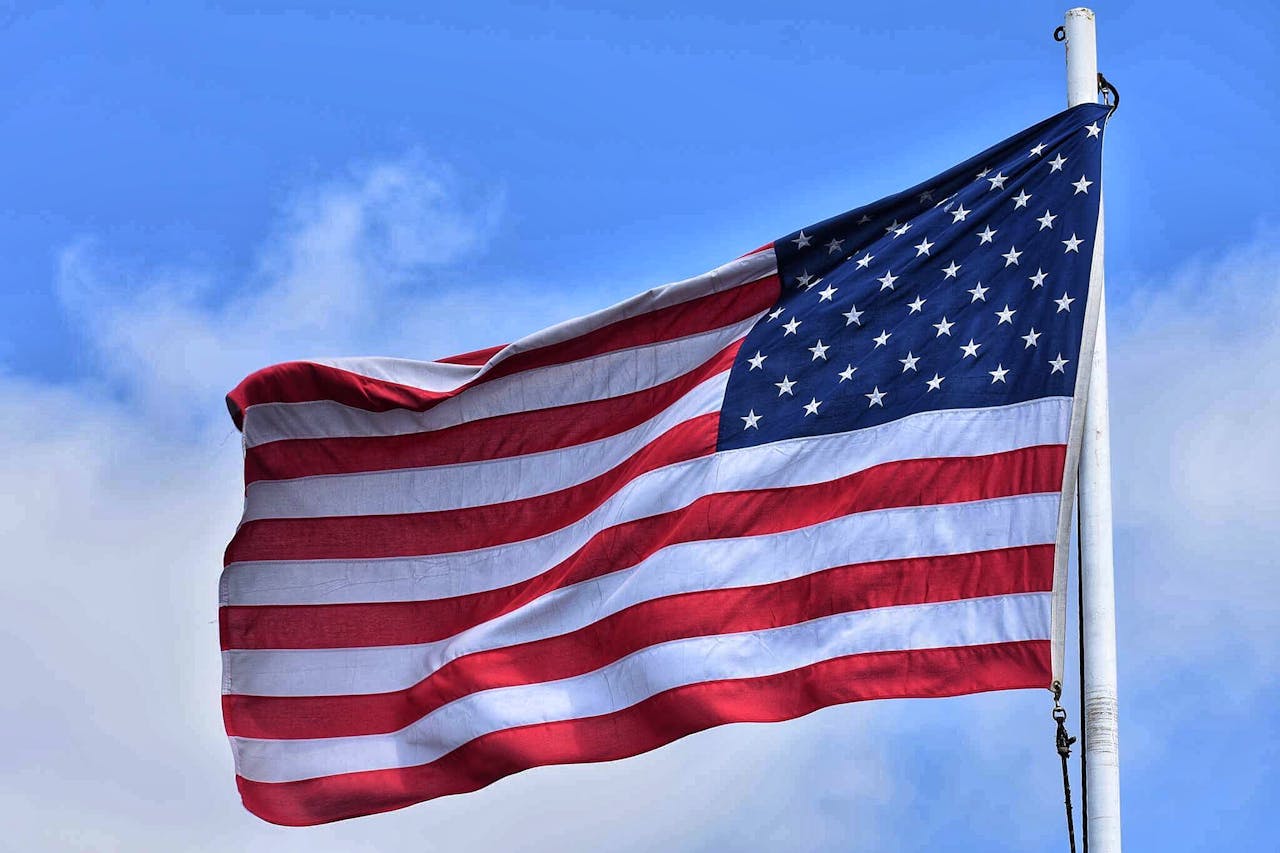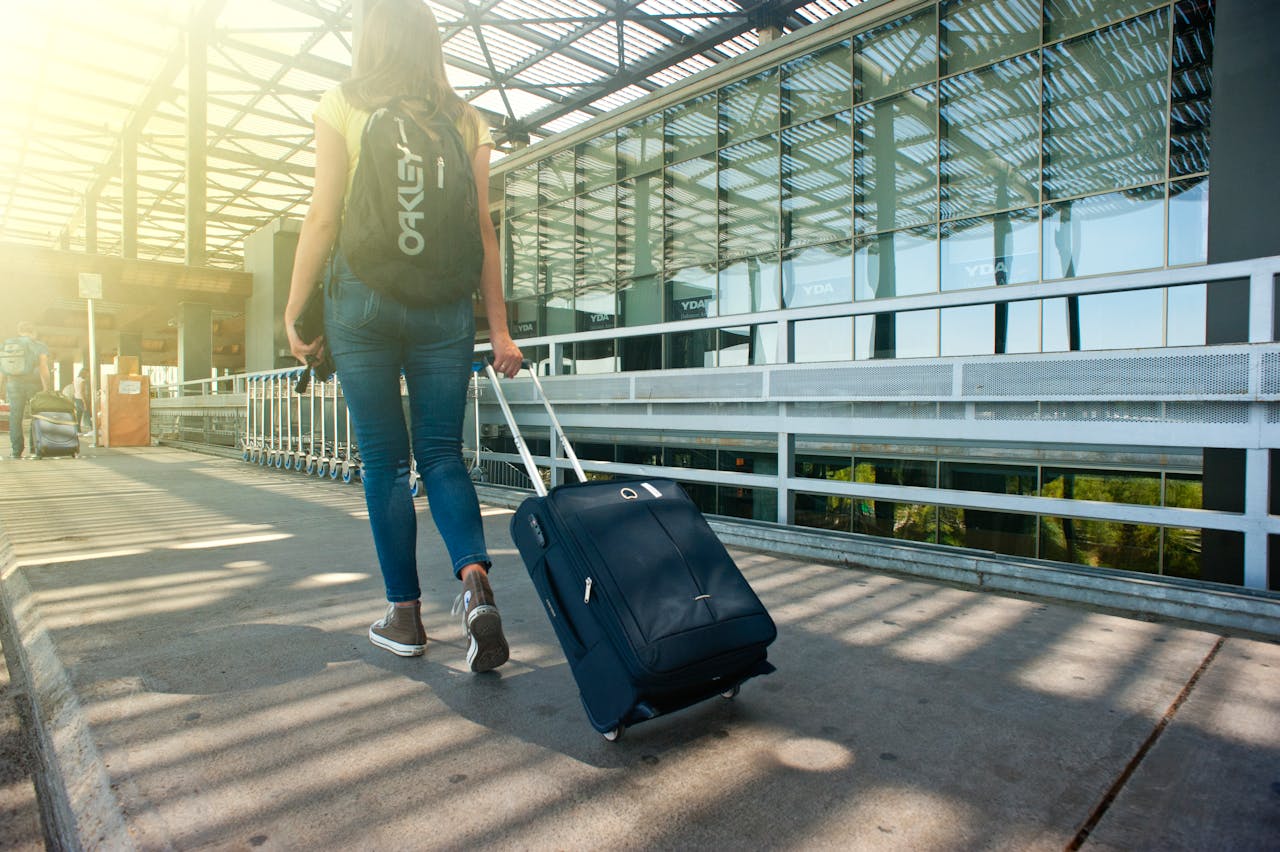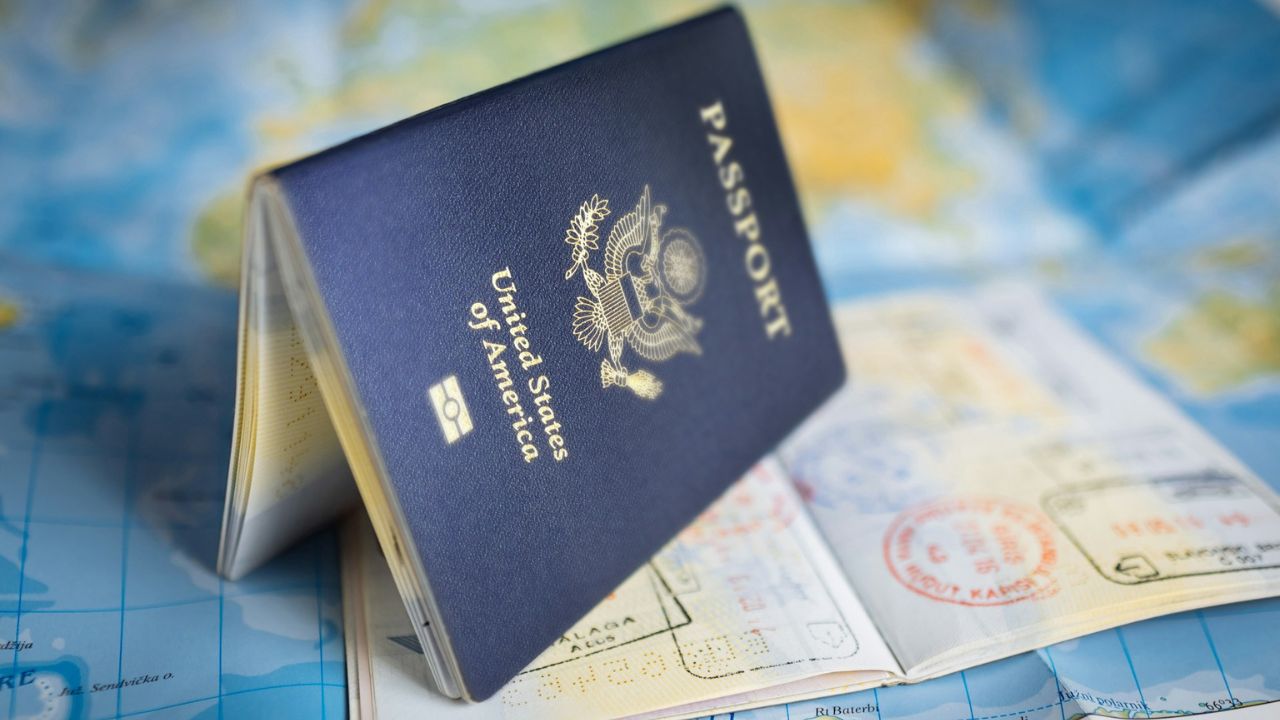The blue book used to feel like a master key. For the first time in two decades, it doesn’t. The U.S. passport has dropped out of the top ten on the Henley Passport Index, landing at number 12 alongside Malaysia, with visa-free access to 180 destinations. Singapore leads with 193, followed by South Korea and Japan. That spread may look small on paper, but it changes how easily trips come together, how much paperwork you juggle, and how flexible your routes really are.
Here’s the thing: this isn’t a random blip. The slide accelerated in 2025 as a handful of policy moves shaved points off America’s mobility score while others opened up. Brazil reinstated visas for U.S. visitors in April. China expanded its visa-free list without adding the U.S. Vietnam broadened exemptions, again, not for Americans. Somalia launched an e-visa. None of these on their own is fatal; together, they shifted the math.
Why The Ranking Changed Now
Start with the scoreboard. Henley ranks passports by how many places you can enter without a visa; the U.S. sits at 180, thirteen short of Singapore. That gap is wide enough to bump you out of the top tier and into “good but not elite. It also signals a deeper trend: countries investing in openness are compounding small wins into bigger mobility gains.
Then look at direction of travel. In January, the U.S. was nine; by mid-year it slipped to ten; in October, twelve. That’s a clean, measurable slide, not a statistical wobble. The context matters as much as the rank: mobility is soft power, and the U.S. is leaking it.
What Actually Changed In 2025

Brazil turned reciprocity into policy. In April, the e-visa switch flipped back on for Americans, reversing the 2019 waiver and adding time, cost, and friction for anyone eyeing Rio or the Amazon this year. It wasn’t punitive; it was symmetrical. And symmetry moves indexes.
China kept widening the door for dozens of nationalities, just not the U.S. That decision boosts others and leaves American travelers applying for visas while peers breeze through, which is exactly how relative rankings drift.
Vietnam expanded visa-free stays to more Europeans for up to forty-five days. Great for them, neutral-to-negative for the U.S. score, and a reminder that Southeast Asia’s policy patchwork is changing fast.
Somalia launched an e-visa system. It’s a small, technical change, but indexes are built on dozens of small, technical changes; enough of them add up.
The Reciprocity Problem

Here’s what really drags openness. Only forty-six nationalities can enter the U.S. visa-free, putting America at 77th on Henley’s Openness Index. That low reciprocity makes it harder to negotiate mutual waivers, and the passport’s score pays the price. It’s not the only variable, but it’s the stubborn one.
So while Americans enjoy broad access abroad, the U.S. doesn’t offer much in return. Countries notice. Some respond by restoring paperwork or routing visa-free goodwill elsewhere. That’s policy karma, not politics.
Who’s Winning And Why
Asia’s leaders aren’t coasting on prestige they’re iterating policy. Singapore now touches 193 destinations visa-free. South Korea and Japan trail closely, and Europe’s Schengen heavyweights cluster just behind. The pattern is consistent: sustained diplomacy, clean systems, and incremental reciprocity.
Europe remains a mobility machine. From Germany and Italy to Spain and Switzerland, the bloc’s agreements create a halo effect. Even modest bilateral tweaks ripple through the rankings, keeping the middle of the top ten crowded and competitive.
Canada and the U.K. still test well but are no longer automatic podium finishers. Both face the same reciprocity headwinds that the U.S. does, just with more multilateral cushioning. Expect tight clustering, not big leaps.
The takeaway mobility rewards policy momentum. Countries making a habit of saying yes, even in small doses, outrun countries that assume yesterday’s status will hold tomorrow. That’s why the league table keeps shifting.
What This Means For Your Trips

It’s not doom it’s logistics. More routes will require pre-trip forms, fees, and appointment lead times. Spontaneity takes a hit, especially for work travelers and frequent short-haul explorers. Build an extra week into planning and keep passport photos handy.
Budget also moves. Visas, courier charges, and potential rescheduling costs stack up. Factor them into the fare, the hotel, and the buffer days because the cheapest ticket isn’t cheap if your entry approval arrives late.
The Policy Backdrop And Perception
Experts tie part of the decline to a long stretch of inward policy choices, tighter screening, higher fees, and slower reciprocity, while competitors spent the same years pruning friction. You don’t see the effect until you compare neighbors on a map. Then it’s obvious.
Henley puts it bluntly nations embracing openness surge, while those resting on past privilege fall behind. That’s not a swipe; it’s a model of how mobility compounds. The U.S. can climb again, but it will take reciprocity first, branding second.
Smart Ways To Adapt

Front-load research. Check visa rules at the source embassy, consulate, or official tourism board and screenshot requirements, fees, and processing windows. Don’t rely on last year’s blog post; rules flipped this year in multiple markets.
Sequence smarter. Favor hubs where you’re visa-free on entry and transit, then connect onward. If a destination just added waivers for your companions but not for you, split the itinerary so approvals clear while they roam. It’s not elegant, but it preserves the trip.
Keep options open. Dual citizenship paths, APEC Business Travel Cards for eligible travelers, or simply building in e-visa lead time can restore flexibility. The goal isn’t to fight the index; it’s to route around it with fewer surprises.
Sources
- Henley Passport Index: Global Ranking
- Henley Global Mobility Report, Oct 2025
- U.S. Embassy Brazil: Visa Requirement Reinstated (Apr 2025)
- Brazil MFA: Visitor Visa Notice
- Washington Post: U.S. falls out of top 10
- The Guardian: U.S. drops to 12th
- TIME: Why the U.S. ranking fell
- China expands visa-free policies
- Vietnam: New visa-exemption policies (Aug 2025)
- Somalia launches e-visa (Fragomen)


